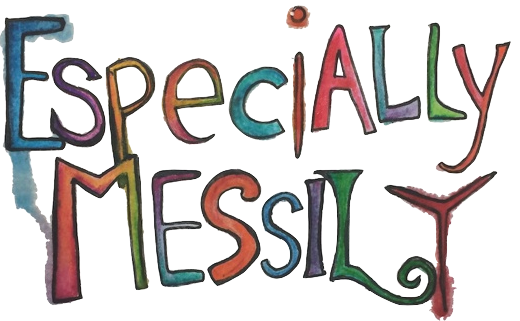Anyway one of the things I keep putting books down for is to look up information about dialects and vocabulary, particularly the parts related to profanity, to see if I can figure out whether the author is doing a good job or not. (So far, they mostly seem to be, at least as much as I can tell.)
My favorite is Pretend Ned Kelly, who kind of has a potty mouth but never actually swears. There are lots of b----rs and c--ts and effing and ess and also, the best, adjectival. As in
She cried I would kill the b-----ds if I were a man God help me. She used many rough expressions I will not write them here. It were eff this and ess that and she would blow their adjectival brains out.I'm very charmed by this use of adjectival*, even though I can't quite figure out what its position on the euphemism/metonym/expletive scale is. Did Australians in the olden days actually say "adjectival" out loud? Does adjectival stand in for a particular adjective, or could it be one of many? So far my attempts to ask the internet these questions have failed, but maybe I'll think of the right phrasing tomorrow.
Otherwise, I have been drinking a lot of cold-brewed coffee and eating a lot of popsicles and avocados. Summer!
*I also like it when WWII era novels refer to swearing as "using language". For example, Miss Silver is constantly telling people she doesn't approve of language. Usually after a slight hortatory cough.
